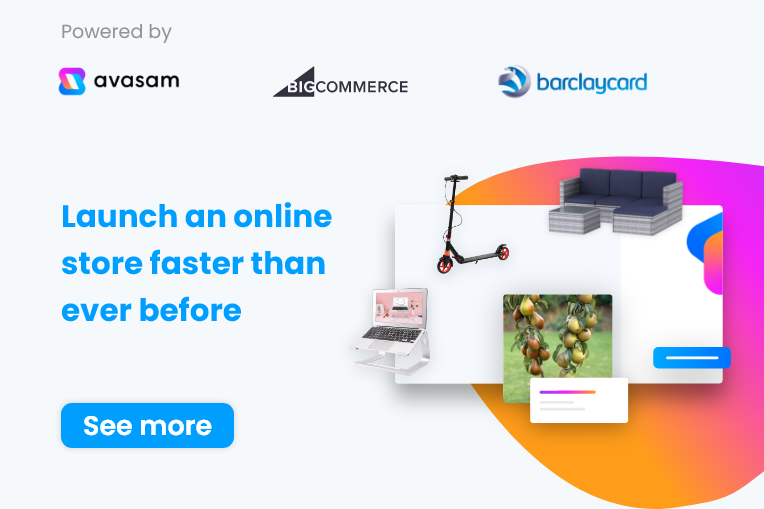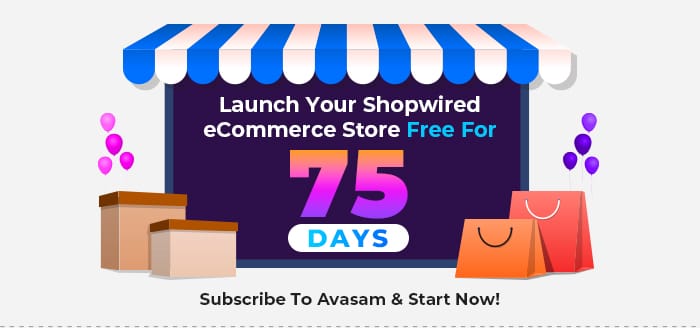Leading Marketplaces – Should I be selling on eBay or Amazon?
Some people have built businesses on eBay and Amazon. Many have lost businesses from them, also. Amazon and eBay have their supporters and detractors – the amounts of money that pass through them tend to polarise opinions. The decisions they make are equally polarising among sellers. Ultimately though, as a seller, they’re just another tool for your arsenal. So you need to consider whether they are the right fit for your business, your products, your customers and your strategy to grow. You also need to remember that time is an important factor. What is right for your business now, you may find you have outgrown, or grown into in 6 months, a year, or more.
Why should I be cautious?
Amazon and eBay are both companies in their own right, and they provide services that you pay them for, but they will often value customers over sellers, therefore you need to be sure that you, and your suppliers, will be able to meet their expectations for service and quality. In addition, both are full of competitors, who you will need to make sure you stand out from – In Amazon’s case, that includes Amazon themselves. Do your research and think carefully about what you’re bringing. Can you offer sufficient value to the customer to make it worth their while to choose to buy from you?
At the same time, you must remember that marketplaces will not play favourites among sellers – Just because they steer customers to your today, doesn’t mean they will tomorrow. Their algorithms change, and it’s not always the best price that wins, so be prepared for unusual variances in the returns you get, regardless of how much you spend with them on fees, advertising and other value-adds. You will need to keep informed of the changes as they occur to policies and services – both from them directly, and other sources of information such as Seller’s groups on Facebook and LinkedIn, newsletters, among others.
When you make sales on Amazon especially, keep track of your fees and the value of the disbursements you get. When selling on avasam, you will be paying for the products before dispatch, but Amazon doesn’t disburse the money immediately, so you’ll need to ensure you keep the books balanced – Nothing will cause trouble faster than late dispatches or complaints because you couldn’t pay your invoices! And make sure that your disbursement amounts add up. Amazon doesn’t always know itself what fees it’s charging you or why, and a sharp eye can help to avoid problems down the line… Don’t be afraid to query things.
What are the benefits of selling on Amazon and eBay?
As marketplaces, Amazon & eBay both spend an incredible amount of money on advertising and promotion, and in return they get a huge amount of traffic because they are pretty much the first site(s) that people think ofw hen they want to spend money. Therefore, if your products are on those marketplaces, you have a chance to get in front of some of those customers and pick up more sales. Even if you’re not the cheapest, if you list smartly you can get in front of them by being easier to find. Sometimes, being found is most of the fight, because people can’t judge the price you are charging against others, if they cannot see the other listings (This is more of an advantage on eBay than Amazon, though eBay is working to implement and improve their catalogue).
It doesn’t mean that you necessarily want to build your business around eBay and Amazon – They take a cut of everything you sell, after all, and can change it at any time. But it’s a good way to engage with new customers.
Why shouldn’t I sell on just eBay and/or Amazon?
The upside to marketplaces is the large pool of potential clients – even when your profit margin is lower, volume can account for a lot of that, and they will be paying for ads and promotion.
The downside is, that you are vulnerable to their choices and decisions. Your entire business can come to a halt in a moment, with just one too many complaints, and a click of a mouse in an office in the US, India, Europe or Asia. Therefore, while they are valuable tools for you, the fact is that until you have your own direct relationship with your customers you aren’t a business owner, you’re an agent for the marketplace, servicing their customers. So by all means start on the marketplaces, and use them as a part of your business, but build your own brand and business by finding ways to get customers to buy from you directly, so that they can not only come back to buy more, but also so they will recommend you to their friends.
Conclusion
As a part of your business, marketplaces like Amazon, eBay and others are valuable options for you to take advantage of. As a business owner, though, you shouldn’t let them dominate you.
Learn about them, use them for your own advantage, and make sure you take advantage of them where you can. But don’t trust them – They’re in it for themselves, after all, you’re just a way for them to keep their customers happy, one of thousands, and so they don’t have loyalty, only metrics, profits and balance sheets!
Got questions or want to talk about your business? Contact us.







DropShip products from verified suppliers to diversify your inventory and scale your eCommerce business